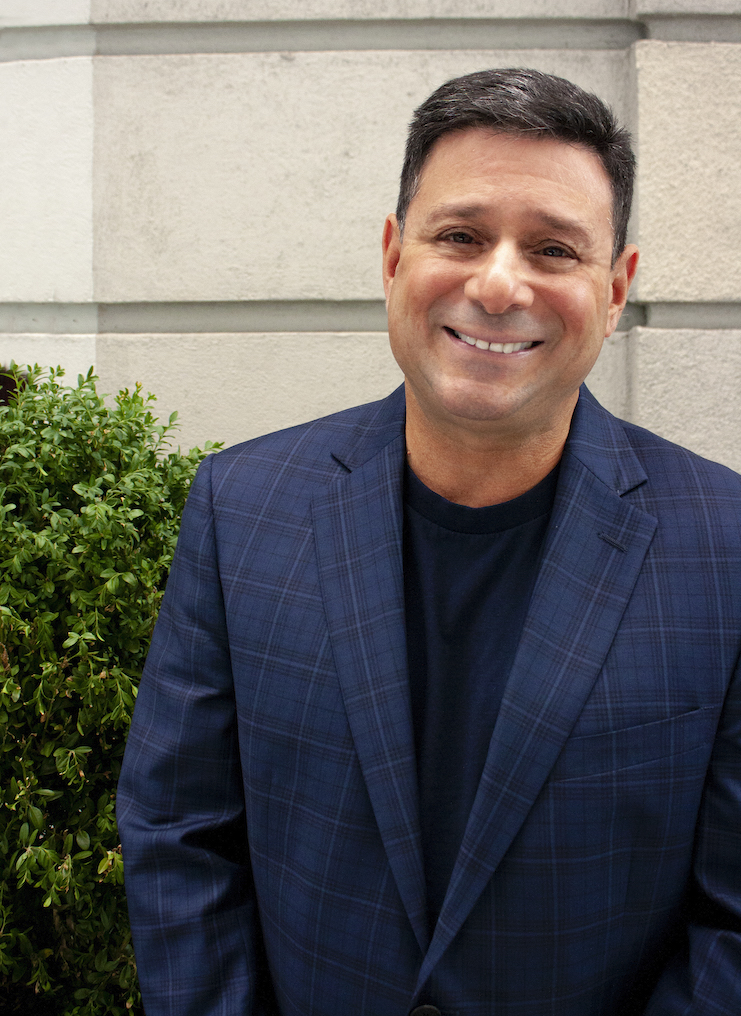 Dream Hotel Group has been around for more than 30 years. However, as its CEO Jay Stein told LODGING, until recently, its growth strategy was focused not only on North America, but also on far-flung destinations in Asia and the Middle East. He described the moves that are radically changing the face of this hotel company, which he says is growing by shrinking and shifting focus.
Dream Hotel Group has been around for more than 30 years. However, as its CEO Jay Stein told LODGING, until recently, its growth strategy was focused not only on North America, but also on far-flung destinations in Asia and the Middle East. He described the moves that are radically changing the face of this hotel company, which he says is growing by shrinking and shifting focus.
What’s your take on this year’s ALIS?
I think it’s better attended by more key people every year, which provides a great opportunity to get in front of a lot of faces. There are great panels and discussions, but, for the most part, people come to network. This was especially exciting for us, having officially launched our soft brand, a collection of independent lifestyle hotels that fit in with what we do.
Why was launching a soft brand a good move for Dream?
We have a vision that doesn’t speak to every developer. Our idea of an urban lifestyle property is a full-service upper-scale or luxury hotel—one that is actually aimed at bringing in the community with great food and beverage that is highly likely to please guests. We don’t have a formula; we go in, study the market, see what we think will work, see what trends are coming, see how far out we have before it’s going to open, and propose the right concepts that we believe will be most successful for that specific market at that specific time.
I see every hotel as unique and different to the market where it is, and try to make it the most fun and exciting hotel in that market. Each one is an independent hotel—not a brand in the sense that everything is the same. Of course, if we have something that would work in all types of markets—like a great mini grab-and-go design—that would be great, but otherwise, we insist on a real beverage concept, a real nightlife concept, a real signature restaurant concept. Concept, design, lighting, and execution are all important—no one wants to go to a restaurant set up for a traveler.
We created our By Dream Hotel Group collection to be able to bring in independent hotels in great locations that make sense for what we do. These great independent lifestyle properties have strong brand recognition of their own, but they may want a group like ours to really bring it life and soul and maybe help them with distribution on the room side. While we don’t want them to give up their identity, we would have requirements before we could put our name on it—perhaps a small PIP specifying changes to the lobby or guestrooms, or even a full PIP.
The point is that we don’t want to add more brands, so this approach helps us build our portfolio with properties that were not right for the Dream or Chatwal brands.
Do you see any disruptors you need to prepare for?
I wouldn’t say I’m trying to prepare for anything in particular, but I have some theories. I think the disruptors, like OTAs that sent out shockwaves 20 years ago, will themselves be disrupted. I think there will be viable OTA-type solutions that will be available to the industry at a much lower cost. Whether it’s Google or Amazon, it will have the dollars and marketing ability to compete with players like Booking.com and Expedia and gain market share by dramatically lowering those costs.
While Airbnb is something to deal with, with shadow inventory that cuts into that of hotels, I expect that model to face challenges including safety and security issues and pushback from residential governing bodies like condo boards.
I do think there’s a place for that model—for example, being able to rent a villa in a unique location in Italy with friends, with separate bedrooms and shared living space—but it doesn’t work well for business.
Do you see any big trends for 2020?
There is an enormous push—especially in Europe—for companies to reduce their carbon footprint. Our company has already eliminated single-use plastic company-wide, although it has been announced internally only. Within the year, there will not be a plastic water bottle that comes from us anywhere in the building at any of our hotels.
There’s also demand to support guests’ use of their own devices to view their own content on Netflix, Hulu, and Amazon, and to be able to bypass the front desk if they wish to check-in, change their room, etc.
What’s your current growth strategy?
The big news for us in this arena is that our focus has shifted back to North America. We have eliminated development teams in the Middle East and Asia, and all are now poised to take advantage of opportunities in North America including in the great Canadian markets of Vancouver, Toronto, and Montreal. We’re doing a lot in Mexico and the Caribbean, and here in the U.S., we’re moving to places like Nashville, Memphis, Atlanta, and San Antonio.
We still have properties abroad—including one in Doha, Qatar, with the royal family that will open in 2021.











